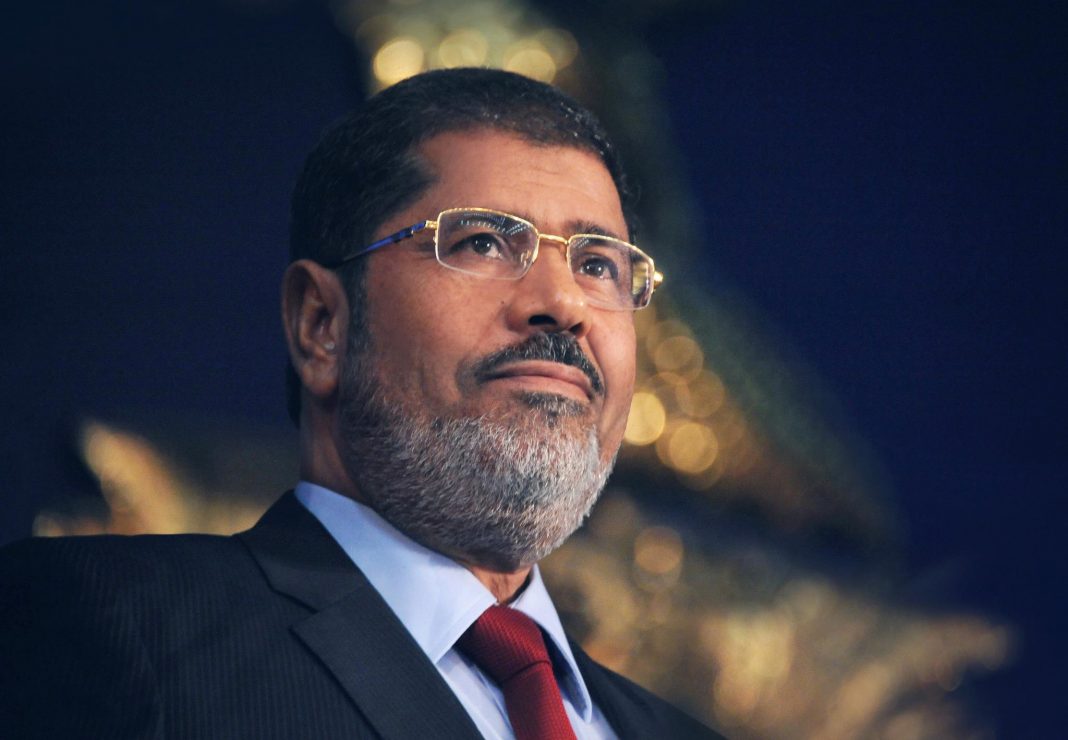Syria and the Brotherhood after Erdogan’s decline
Abdulrahman al-Rashed/Al Arabiya
Wednesday, 10 June 2015
It’s true that Turkish President Recep Tayyip Erdogan angered us by interfering in Arab affairs, but he isn’t a rival – the dispute with him was merely over details. The results of the recent parliamentary elections in Turkey came as a surprise as they ended the dominance of Erdogan and his party, though they are still the biggest victors. His rivals occupy around 60 percent of parliamentary seats, enabling them to obstruct government decisions. The implications of this are worth studying.
Most of the reasons for the poorer showing by Erdogan’s Justice and Development Party (AKP) are not related to foreign affairs. One of the main reasons is the long time spent in governance. AKP rule lasted for 12 consecutive years, and it is normal for time to disintegrate its popular base. Regardless of who the next Turkish president will be, Syria will be a core Turkish interest, and it is unlikely that the new government will alter its stance
During these 12 years, the party lost its most important ally, Islamic leader Fethullah Gulen. It also became at odds with social and economic parties that once supported it. Meanwhile, protests and criticism have increased. AKP is no longer as coherent as it once was. All this is normal in democratic disputes and competition. AKP is still the most capable of forming a new government by allying with another party. Erdogan will continue to be an influential politician. However, parliamentary life and governance will not be easy. This is how liberal democracy works: you win some, you lose some. How does this affect Turkey’s role regarding Syria, or its relations with Iran, the Muslim Brotherhood, and particularly Egypt? For the past four years, Erodgan’s government had not do much militarily to fight the Syrian regime, but it aided millions of refugees and kept its borders open for fighters.
A core Turkish interest
Regardless of who the next Turkish president will be, Syria will be a core Turkish interest, and it is unlikely that the new government will alter its stance. We also expect Turkey to continue avoiding direct involvement in the war, especially amid the presence of Iranian forces and militias inside Syria. However, it will continue to influence the Syrian opposition.
Ankara will maintain its alliance with Saudi Arabia and Qatar because it enhances its influence and strengthens its stance in the West. Turkey’s importance in the Syrian war has increased as Syrian President Bashar al-Assad has weakened. The war will require Turkish involvement to confront the Islamic State of Iraq and Syria (ISIS). Turkey, Saudi Arabia and Qatar will continue to demand the removal of the Assad regime or at least Assad himself.
I do not expect a change regarding relations with Iran, because Erdogan has maintained a good relationship with Tehran throughout his years in office. Another significant reason is that Iran’s relations with the West are improving, and Turkey is a member of NATO. What about the Brotherhood, which has found a comfortable haven in Istanbul especially after being exiled from Qatar? Erdogan has adopted the Brotherhood as his cause, putting him at odds with much of his party, mainly with Prime Minister Ahmet Davutoglu, who resigned this week and who has repeatedly voiced his dissatisfaction with Erdogan’s interference in Egyptian affairs.
The Brotherhood is expected to lose Turkish protection, as it has failed in Egypt and become a political burden on Turkey. AKP is no longer interested in looking after it. The Brotherhood failed in replacing their imprisoned leaders in Egypt, and has failed to mobilize the street, so their political weight will decrease.




















